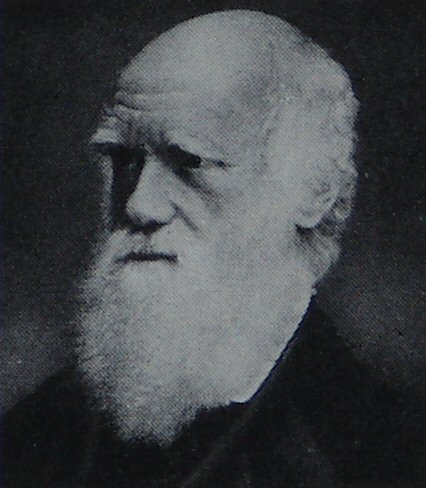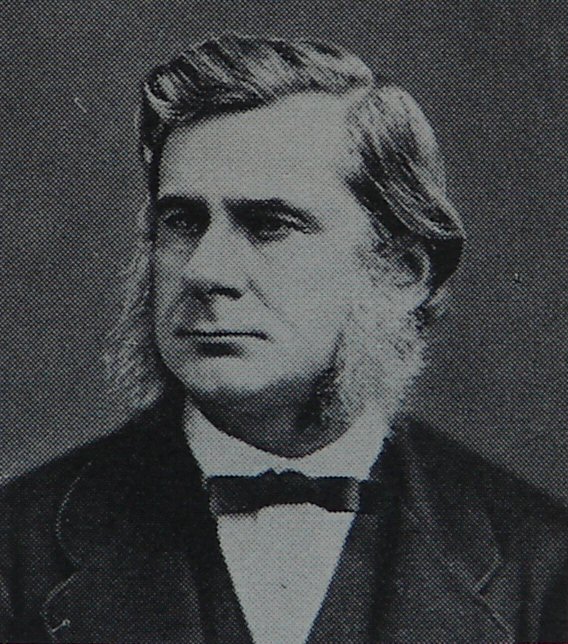
Evolution v Fact
Introduction
In order to understand the reasons why a person speaks certain things or acts in a certain way, it is useful to search for the underlying motives for their statement or action. To find the reason for this is the first step in understanding them since what they say follows as a natural step from they hold to be true.
There has been a great deal of interest in the human species and in particular, how man originated. In the past several hundred years, some have suggested there is sufficient evidence to conclude that man has, over a very long period of time, derived from other less complex life forms, and is nothing more than the most advanced life form in a long series of life forms which can be traced back over a long period of time to a common ancestor. From the mid 1800’s, this theory of evolution was presented in a more complete way and developed largely by Charles R. Darwin (1809-1882), and Thomas Henry Huxley (1825-1895).
Charles Robert Darwin (1809 – 1882)

At first studied medicine at Edinburgh and ministry at Cambridge but lost interest in both during his training. His interest in natural history led him to take a five years’ cruise as official naturalist aboard the Beagle. The data collected during this cruise and later observations led him to formulate his concept of evolution known as Darwinism. His theory was presented in his books "The Origin of Species," and "The Descent of Man."
Thomas Henry Huxley (1825 – 1895)

Thomas Huxley was an English biologist. One of the best known biologists and literary figures of his age, he spent most of his life studying, lecturing and writing in the fields of science, education, sociology, and religion. Although an ardent advocate of human evolution, he never quite agreed with Darwin’s theory of natural selection as he shows in "Man’s Place in the Universe." He rejected Christianity since, "the exact nature of the teachings and convictions of Jesus is extremely uncertain," yet he insisted on the teaching of the Bible in the schools of Great Britain as a great literary heritage and an essential basis of conduct which he felt was outside the materialistic processes of evolution. His 25 books, over 100 articles, countless lectures and number of scientific and royal commissions on which he served attest to his importance in the 19th century scientific world.
Thomas entered medical school and became a surgeon in the British Navy spending four years in the Indian Ocean and East Indies. His account of jellyfishes made him well know as a Zoologist. He served as president of the Royal Society from 1881 to 1885. He was a well known zoologist, lecturer and writer. He gave up his biological research to become an influential scientific publicist and exponent of Darwin in England. He doubted all things not immediately open to logical analysis and scientific verification. He believed that truth had as its tool the scientific method which substantiated the theory of evolution. He coined the use of the word "Agnostic," which to him meant that one should hold a skepticism toward belief in all matters until sufficient material evidence becomes available to make a reasoned judgment based upon that evidence. With this attitude he examined the beliefs of metaphysics and concluded that they could not be logically proved or disproved.